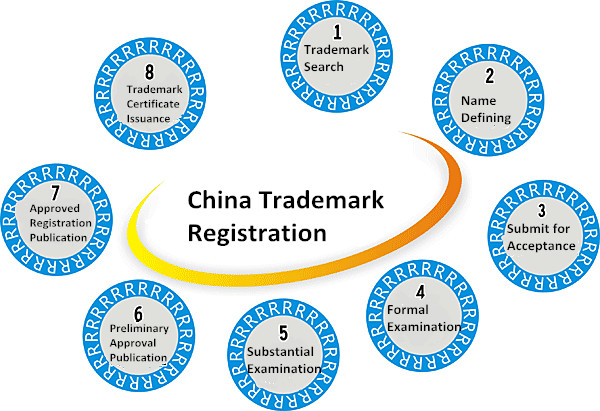China Trademark Service
Hotline: 86-755-82143422 Email: anitayao@citilinkia.com
In the case of Pfizer Ireland Pharmaceuticals v Ranbaxy (Malaysia) Sdn. Bhd., the Malaysian Court of Appeal affirmed the High Court’s decision and restricted Pfizer Ireland Pharmaceuticals from modifying its patent claims.

Pfizer Ireland Pharmaceuticals (hereinafter referred to as ‘the Appellant’) is the owner of Malaysian Patent No. MY-111446-A (hereinafter referred to as ‘the Appellant’s Patent’) related to the drug Viagra describing sildenafil as an active ingredient of the drug. Ranbaxy (Malaysia) Sdn. Bhd. (hereinafter referred to as ‘the Respondent’) launched a generic drug called Caverta which contained sildenafil citrate, the same compound used in Viagra.
The Respondent had filed an invalidation action in the High Court to invalidate the Appellant’s Patent contending that the Appellant’s patent was invalid on the grounds of lack of novelty, lack of inventive step, added subject matter and insufficiency. Seeking for declaring the Appellant’s patent as null and void in Malaysia, the Respondent heavily relied on the fate of the Appellant’s corresponding European Patent which was revoked by the European Patent Office.
The Appellant’s corresponding US Patent had already been at the center of an invalidation lawsuit where it was affirmed as valid by a US District Court. The decision of the US Court had prompted the Appellant to file for amendments in the Appellant’s Patent. However, the High Court of Malaysia had disallowed such amendments to which the Appellant appealed in the Court of Appeal.
The Appellant made the application for amendment pursuant to Order 20 Rule 8 of the Rules of High Court (RHC) which states that the Court may at any stage of the proceedings and either of its own motion or on the application of any party to the proceedings order any document in the proceedings to be amended on such terms as to costs or otherwise as may be just and in such manner (if any) as it may direct.
The Court of Appeal stated that by virtue of Section 79A(3) of the Patents Act 1983, the Registrar of Patents shall not make any amendment to a patent if there are, pending before any Court, proceedings in which the validity of the patent may be put in issue. The Court of Appeal further stated that the powers of the High Court to order amendment under Order 20 Rule 8 of the RHC are restricted and confined only to Court documents and pleadings and that the High Court has absolutely no power to order any amendment to the Appellant’s Patent which has been duly examined and granted by the Intellectual Property Corporation of Malaysia (MyIPO).
The Appellant, while furnishing various judgments, argued that there were a variety of documents which are not “Court documents” but which the Court had ordered amendment under its equitable jurisdiction. The Court of Appeal rejected this argument stating that the Court will examine the facts of each case in order to decipher the true and common intention of the parties when making a contract, a deed, a bond or even an insurance policy and whether those facts would justify rectification of the written instrument by the Court. The Court of Appeal stated that if the true intention of the parties has not been reduced into writing in the correct and precise manner, then the Court would be inclined to interfere and rectify the wrong. However, as governed by the Patents Act, a patent can be amended with leave either on a formal application to the Registrar of Patents or in proceedings before the Court where the validity of the patent is challenged.
On such grounds, the High Court had exercised discretion disallowing the amendment sought by the Appellant. The Court of Appeal conceded that it would only interfere with the exercise of that discretion if it could be shown that the discretion was wrongly exercised by the High Court. The High Court had held that such an amendment, if allowed, would deprive the Respondent of his right and opportunity, to seek redress in its invalidation of the Appellant’s Patent hearing under Section 56 of the Patents Act 1983. The High Court also held that the proposed amendment to the Appellant’s Patent would change the character of the suit and cause injustice to the Respondent which could not be compensated with costs because the Respondent’s Statement of Claim and the Particulars of Objection would have to be altered dramatically as a consequence. Therefore, the Court of Appeal adjudged that the High Court had applied correctly the law to the facts and given cogent reasons for disallowing the application for amendment.
Contact Us
For further queries, please do not hesitate to contact ATAHK at anytime, anywhere by simply calling China hotline at 86-755-82143422, 86-755-82143512, or emailing to anitayao@citilinkia.com.